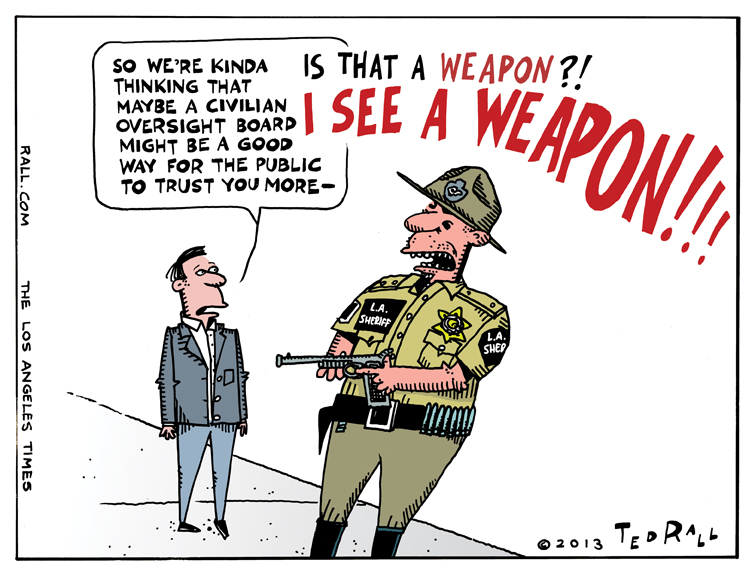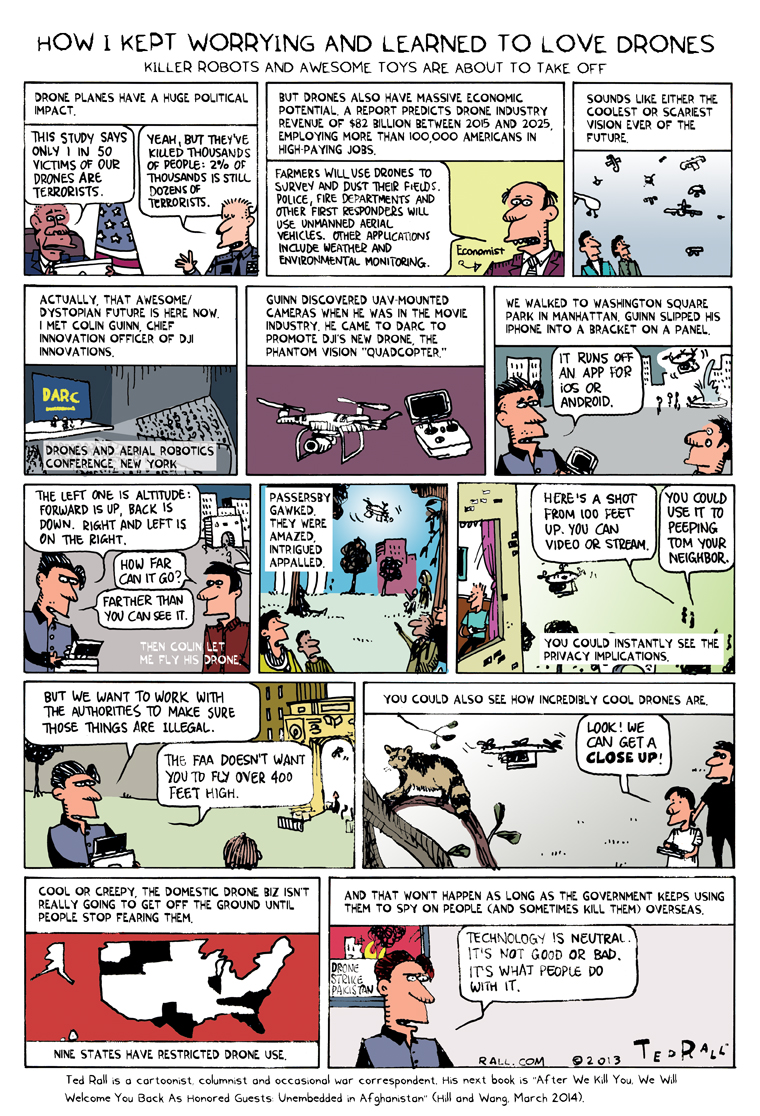Zero Accomplishments. Bad for Women. And She’s Dumb.
“Hillary Clinton remains the most formidable presidential nomination frontrunner for a non-incumbent in the modern era,” Harry J. Enten writes in The Guardian. It’s not just Brits. “Since leaving Foggy Bottom,” Linda Killian waxed in The Atlantic, “she has positioned herself as an icon of women’s empowerment. That makes another White House run even more important and likely.”
Shit.
Please stop the Hillary puffery. The last thing the country needs is a Hillary candidacy — much less another President Clinton.
PrezHill would be bad for America, awful for Democrats and downright deadly to progressives — especially feminists. (She may know that herself; it may explain her reluctance to prepare for a 2016 run.)
Here, in an easy clip-and-take-to-the-primaries nutshell, is the non-vast-rightie-conspiracy case against Hillary:
1. Zero record of accomplishment.
Since 2009 we’ve seen what happens when we elect a president with charisma but minus a resume: weakness, waffling, national decline. Obama’s signature/single accomplishment, the Affordable Care Act, embodies design-by-committee conception and autopilot execution.
Hillary’s admirers have conflated her impressive list of jobs with actually having gotten things done. When you scratch the surface, however, it’s hard to avoid the conclusion that the woman has done little more than warm a series of comfy leather desk chairs. How has this career politician changed Americans’ lives? Not in the least.
No doubt, Hillary knows her way around the corridors of power: First Lady, Senator from New York, presidential candidate, Secretary of State. Nice resume, but what did she do with all her jobs? Not much.
First Lady Ladybird Johnson led a highway beautification campaign that literally changed America’s landscape for the better. Betty Ford courageously exposed herself as an alcoholic, serving as a role model by publicly seeking treatment. In terms of achievement, Hillary Clinton’s political life peaked in 1993 with “HillaryCare,” a botched attempt at healthcare reform that failed because no one, including liberals, agreed with the core mission of what liberal Democratic Senator Robert Byrd called “a very complex, very expensive, very little understood piece of legislation”: federal subsidies for wildly profitable private insurance corporations (sound familiar?).
After sleazing her way into the Capitol as an out-of-state carpetbagger — New Yorkers still remember — Senator Clinton wiled away the early 2000s as a slacker Senator. This, remember, was while Bush was pushing through his radical right agenda: the Patriot Act, wars, coups, drones, torture, renditions and so on.
While Bush was running roughshod, Hillary was meek and acquiescent.
Clinton’s legislative proposals were trivial and few. Her bargaining skills were so lousy that she couldn’t find cosponsors for her tiny-bore bills — even fellow Democrats snubbed the former First Lady on stuff like increasing bennies for members of the Coast Guard. “Senator Clinton is right when she claims to be the experienced candidate,” Adam Hamft wrote for HuffPo during the 2008 primaries, “although it’s not the experience she would like us to believe. It’s a track record of legislative failure and futility.”
Hillary cheerleaders brag that she logged nearly a million miles of air travel as Secretary of State. “She reminded the world that Woody Allen was right even when it comes to diplomacy: 80 percent of success really is simply showing up,” Megan Garber cheered in The Atlantic (what is it about that rag and Hillary?).
What success?
The best case I could find for Hillary as kickass StateSec comes courtesy of PolicyMic, which I hope is on her payroll given how much they suck up to her. An article titled “5 Top Highlights in Hillary Clinton’s Secretary of State Tenure” cites “People-to-People Diplomacy” (all that travel), “The Importance of Economics” (“helping U.S. companies win business overseas”), “Restoring American Credibility” (“outreach to [the military junta in] Burma,” “brokering a ceasefire between Hamas and Israel,” and “coordination with Egyptian President Mohammed Morsi will likely give the U.S. greater leverage to pursue a robust peace process in 2013″ — but “likely” didn’t pan out…why doesn’t Mo return my calls anymore?).
“Rock star diplomat,” as The New York Times Magazine called her? Hardly.
As Stephen M. Walt notes in Foreign Policy, “she’s hardly racked up any major achievements…She played little role in extricating us from Iraq, and it is hard to see her fingerprints on the U.S. approach to Afghanistan. She has done her best to smooth the troubled relationship with Pakistan, but anti-Americanism remains endemic in that country and it hardly looks like a success story at this point…She certainly helped get tougher sanctions on Iran, but the danger of war still looms and there’s been no breakthrough there either…Needless to say, she has done nothing to advance the cause of Israeli-Palestinian peace or even to halt Israel’s increasingly naked land grab there.” (Talks with Iran began after Clinton quit.)
Yeah, she’s been busy. But she has little to show for her time in office — she works dumb, not smart. At least with Obama, 2008 voters saw potential. Hillary has had 20 years to shine. If she hasn’t gotten anything accomplished in all that time, with all that power, why should we think she’ll make a great president?
2. She’s a terrible role model for women.
A woman president is two centuries overdue. It’s embarrassing that we’re behind such forward-looking nations as Pakistan in this respect. But our first female leader should not be Hillary Clinton.
I’m not rehashing the oft-stated argument that she should have divorced Bill post-Monica: I’m 99% sure they have an open marriage and anyway, the monogamist demand that jilted spouses DTMFA because, just because, is stupid.
The real issue is that Hillary married her way into power. Sorry, Hillarites: there is nothing new here, no cracked glass ceilings. Owing everything you have to your husband is at least as old as Muriel Humphrey, who succeeded Senator Hubert after he died in 1978. In a nation with more than 150 million women, it ought to be possible to find a president who got there on her own merits.
Remember, it’s not like Hillary did much with the remarkable opportunities she was given.
3. She’s kind of dumb.
In 2003, Senator Clinton cast the most important vote of her life, in favor of invading Iraq. Not only was it morally unconscionable — Bush ginned up the war from thin air, Iraq had nothing to do with 9/11 and there was neither evidence nor proof that Saddam had WMDs — her war authorization vote was politically idiotic.
Hillary lost the 2008 Democratic nomination to Obama (who, though voting six times for war funding, and not in the Senate in 2003, had criticized that “dumb war”) due to that vote.
Though Clinton has never apologized for pandering to post-9/11 yellow-ribbons-all-over-the-car militarism (which is also stupid), her lame excuses in 2008 (she claimed she “thought it was a vote to put inspectors back in” even though it was called the “Authorization for Use of Military Force Against Iraq Resolution of 2002”) indicate that she knew she’d blown it.
Also, the fact that she thought anyone would buy such ridiculous lies further indicates less than awesome intelligence.
Let’s give Hillary the benefit of the doubt: we’ll assume she wasn’t so breathtakingly stupid as to think invading Iraq was moral or legal. Even so, her pandering betrays poor political calculus.
It should have been obvious — it was to me — that the U.S. would lose in Iraq. Given Clinton’s options at the time (run for president a year later in 2004, reelection in 2006, or 2008), she was an idiot to think that her vote to authorize what would soon turn into an unpopular war wouldn’t decimate her support among the Democratic party’s liberal antiwar base.
Having a cynical political operator as president is bad. But I’ll take a smart cynic over a dumb panderer.
(Ted Rall’s website is tedrall.com. Go there to join the Ted Rall Subscription Service and receive all of Ted’s cartoons and columns by email.)
COPYRIGHT 2013 TED RALL


